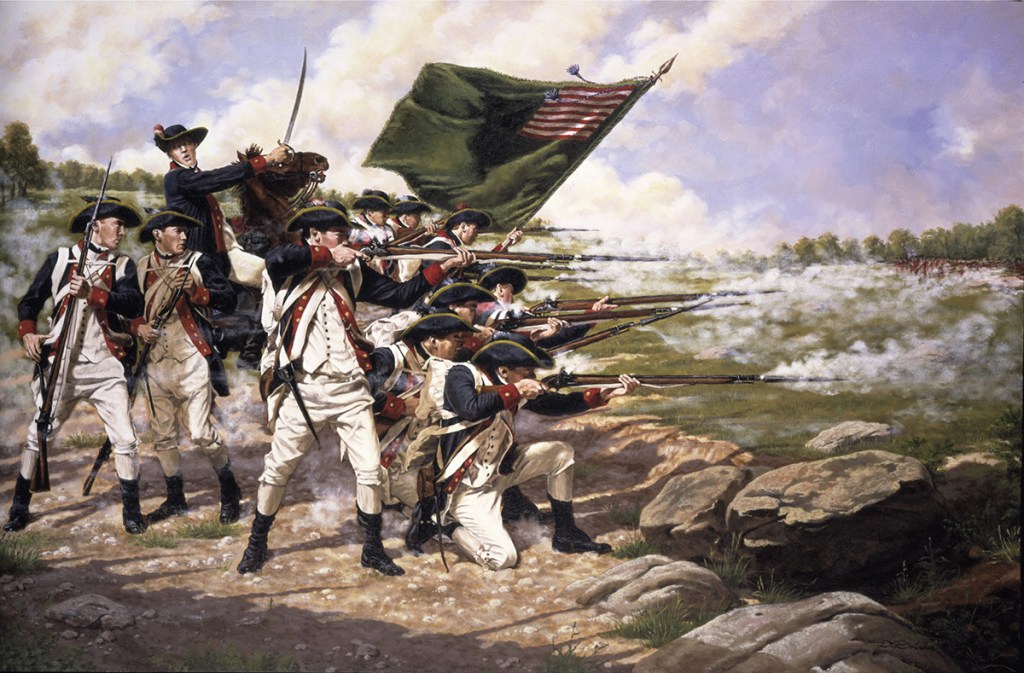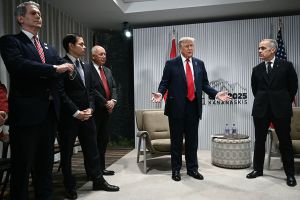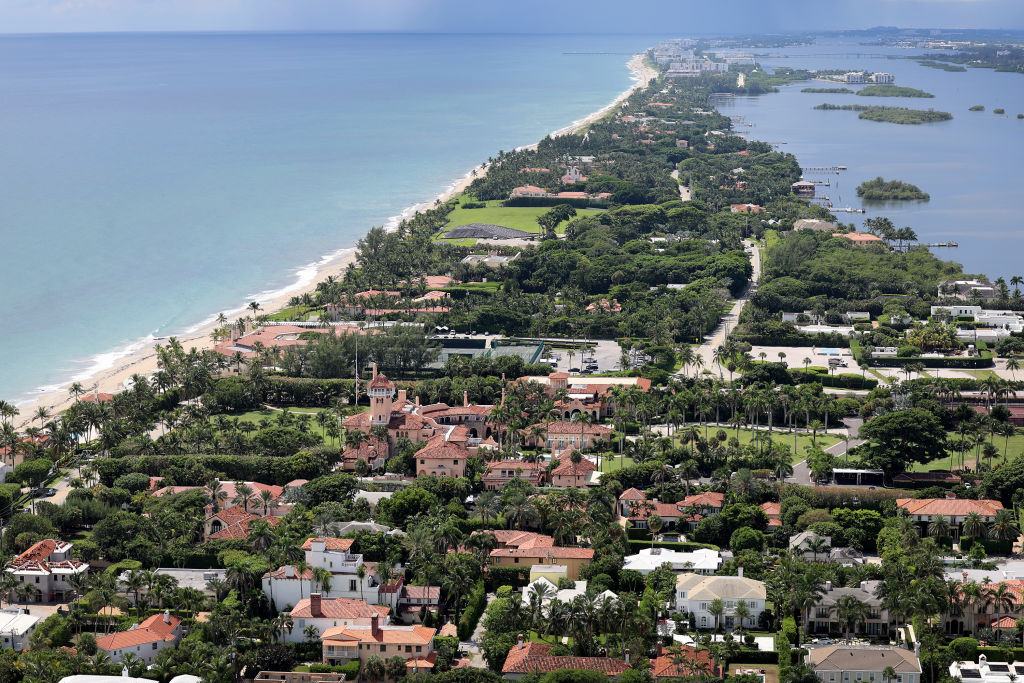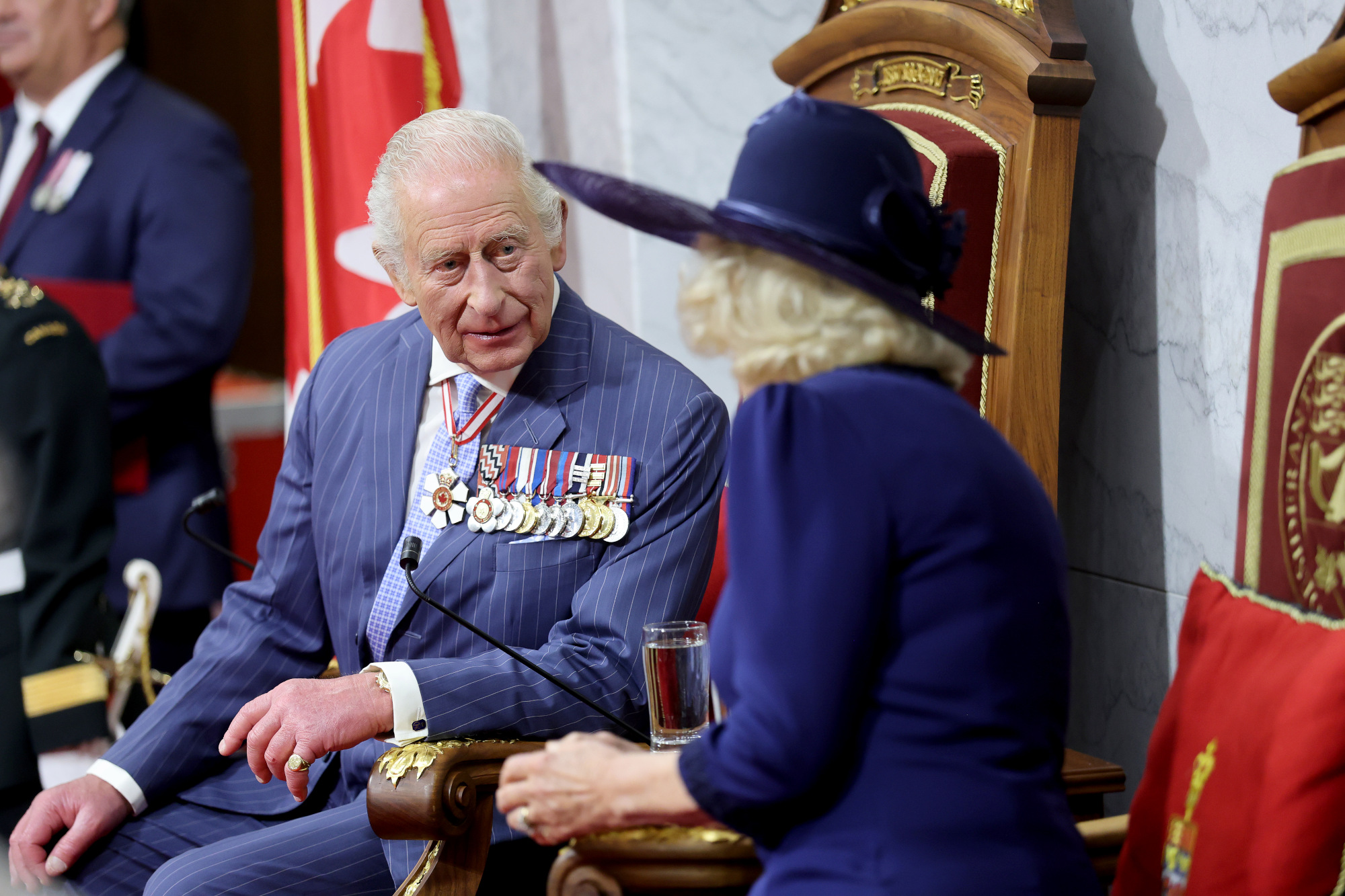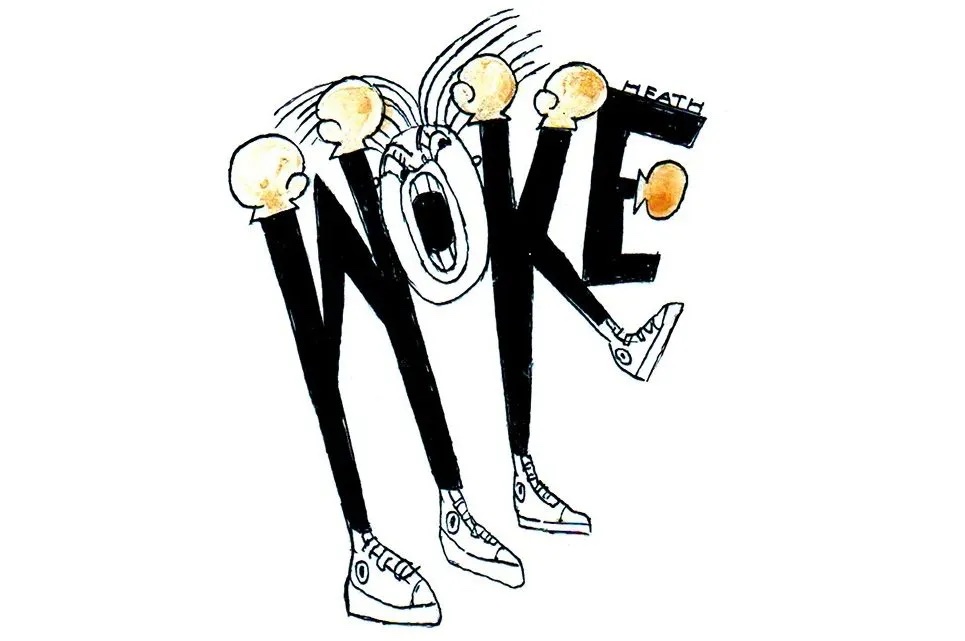What if William Howe, the dithering British commander, hadn’t let the American army escape in the Battle of Long Island in 1776? What if he had nipped the whole damn thing in the bud? In that case, as dual Canadian-American citizen Adam Gopnik complains in the New Yorker, ‘We Could Have Been Canada’.
That’s not exactly a hill to die on, but it’s catnip for other dual nationals such as Malcolm Gladwell, who some years back produced an amusing plea for Canadian World Domination in the Washington Post.
Gladwell wrote that in 1993. Gopnik’s essay is more recent. The earlier essay was light-handed and witty. Gopnik’s was ponderous and dry. But the big difference was the snotty anti-Americanism that Gopnik’s readers in the New Yorker have come to demand.
Canadians invented anti-Americanism in 1783, as sore losers. There isn’t much of that left today, however, and it doesn’t come close to the home-grown hatreds of the American left. I also am a dual citizen but think that this kind of cross-country comparison might need a rest. In particular, the conceit that Britain would have brought an end to slavery more quickly and without a civil war seems like special pleading.
It’s true that the first act of the Upper Canadian legislature was to abolish slavery, and that Windsor, Ontario and not Detroit was the terminus of the underground railway. But had America remained a British colony, slavery might not have been abolished throughout the empire in 1833.
The population of England at the time was about 15 million, while that of the US was 13 million. The South would have been utterly opposed to giving up slavery and the north would have been unwilling to go to war over the issue. Emancipation throughout the empire might thus have been delayed for years or decades, nor can one assume away southern secession.
One group that almost certainly would have fared better are the native Americans. The United States took the position that it wasn’t bound by pre-revolutionary Indian treaties. But Canada thought it was, so no trail of tears there and no blue-clad cavalry with their Indian wars. When Sitting Bull and all his forces escaped to Canada after Little Big Horn, they were met by two Mounties who explained, ‘Of course, you realize we’re a monarchy here’.
Today the two countries are so similar that Hollywood tries out films for the North American market at the Toronto International Film Festival. But if consumer tastes are so similar, the politics of the two countries are quite different and it’s the constitutional structure that made the difference. Had the Revolution failed, the American provinces would likely have adopted the same parliamentary system that Canada did.
In that case we’d have been spared the American separation of powers. Instead, we’d have Walter Bagehot’s ‘efficient secret’ of an all-powerful House of Commons and you’d not see popular measures, such as a national health scheme, blocked by the gridlock of a presidential system.
You’d also see less of a class system in America. The United States is one of the most immobile societies in the first world, where wealth and poverty have become heritable. That’s not the case in Canada, whose mixture of conservative K-12 education, immigration and rule of law policies, and liberal healthcare and higher education policies, are just what you want for a politics of mobility. In America, by contrast, right-wing opposition to national health and left-wing opposition to sensible education, immigration and rule of law policies keep us immobile, and the gridlock of separation of powers makes change impossible.
So don’t blame William Howe. Blame the founding fathers who gave America a presidential system of government 11 years later.
F.H. Buckley teaches at Scalia Law School. His most recent book is Curiosity: And its Twelve Rules for Life (Encounter, 2021).



